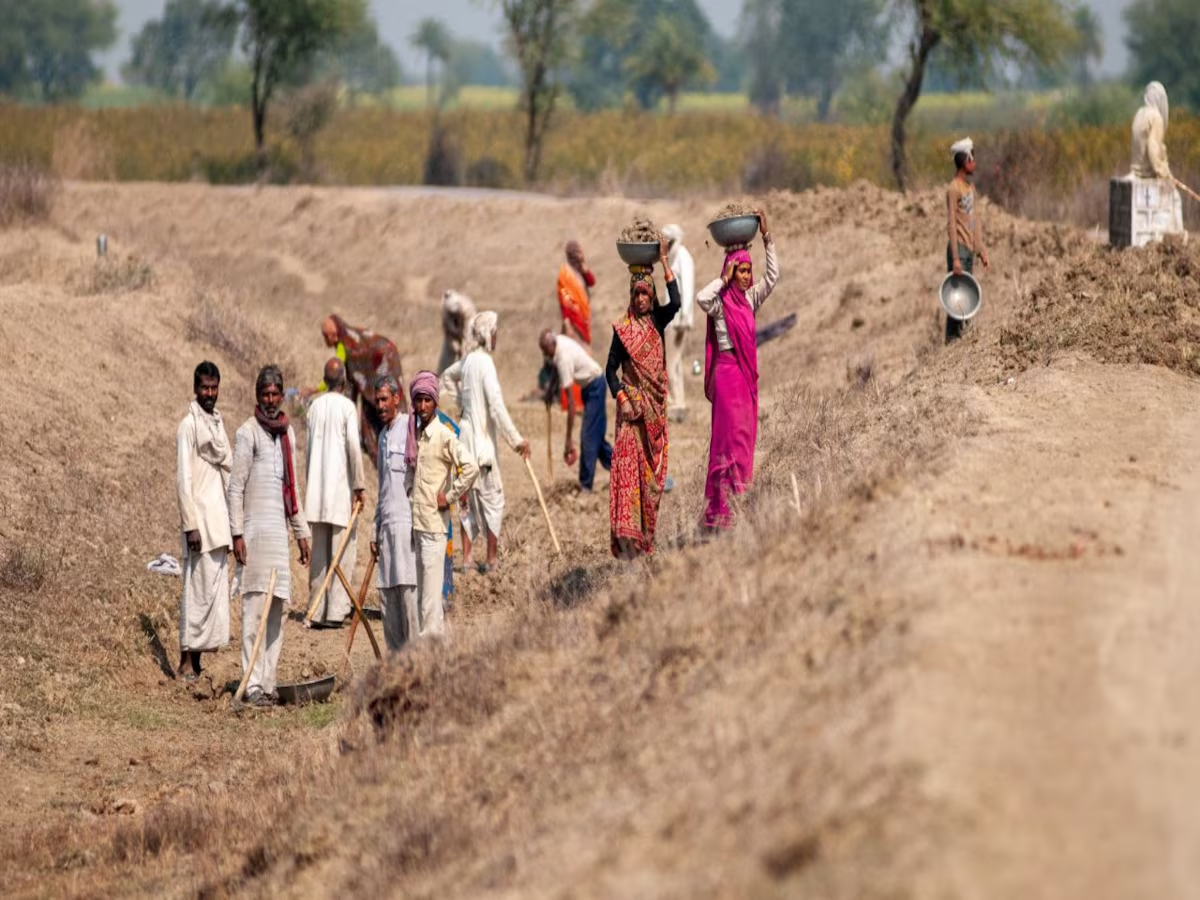- Courses
- GS Full Course 1 Year
- GS Full Course 2 Year
- GS Full Course 3 Year
- GS Full Course Till Selection
- Online Program
- GS Recorded Course
- NCERT (Recorded 500+ Hours)
- Polity Recorded Course
- Geography Recorded Course
- Economy Recorded Course
- AMAC Recorded Course
- Modern India, Post Independence & World History
- Environment Recoded Course
- Governance Recoded Course
- Science & Tech. Recoded Course
- International Relations and Internal Security Recorded Course
- Disaster Management Module Course
- Ethics Recoded Course
- Essay Recoded Course
- Current Affairs Recoded Course
- CSAT
- 5 LAYERED ARJUNA Mentorship
- Public Administration Optional
- ABOUT US
- OUR TOPPERS
- TEST SERIES
- FREE STUDY MATERIAL
- VIDEOS
- CONTACT US
A Civil Servant’s Dilemma in Tackling Air Pollution in the National Capital Region — Caselet Analysis
A Civil Servant’s Dilemma in Tackling Air Pollution in the National Capital Region — Caselet Analysis

Samvedan, an experienced civil servant, faced a difficult dilemma that tested his ethical decision-making skills. He was informed by XYZ that all district officers were instructed to prevent stubble burning and the burning of waste in the National Capital Region (NCR). This was part of an effort to combat air pollution in the region. However, one night, while returning home, Samvedan saw a group of poor people burning wood and garbage on the streets to keep warm during the harsh winter cold. He approached them and asked, “Why are you burning these materials? The administration has given an order to stop this. Do you understand?” One of the individuals replied, “You are Bade Sahab, but we have no choice. We don’t have warm clothes or blankets. We will freeze if we don’t burn these things. What are we supposed to do, sir?” Disturbed, Samvedan walked away without responding. The next day, his subordinate reminded him that the deadline for enforcing the order was approaching. They had to stop the burning of materials, but everyone knew that the poor often burned wood and other items during the cold nights to survive.
Ethical Dilemma:
- Samvedan faced a critical decision:
- Enforce the order and stop the burning of materials that contribute to pollution, following the government’s directive.
- Allow the poor people to continue burning materials to stay warm, even though it may contribute to environmental harm.
- The dilemma is clear: follow the order to fight pollution or help the vulnerable who need warmth to survive the cold.
Ethical Frameworks to Consider:
1. Utilitarianism:
- A utilitarian approach focuses on the greatest good for the greatest number. Here, Samvedan could weigh the benefits and harms:
- Benefits of stopping burning: Reduces air pollution, improving public health and the environment.
- Harms of stopping burning: The poor people may suffer from hypothermia or even death due to the cold.
- In this case, the short-term harm (people suffering from the cold) might outweigh the long-term benefit (reducing pollution).
- However, this doesn’t mean ignoring the long-term goal of reducing air pollution but finding a balanced solution.
2. Categorical Imperative (Immanuel Kant):
- Kant’s principle requires people to treat others with dignity and respect, never using them merely as tools to achieve an end. In this case, Samvedan must consider:
- Duty to protect the poor from immediate harm caused by the cold, treating them with dignity.
- Duty to protect the environment, ensuring a clean and safe world for future generations.
- Samvedan’s duty is to respect the human dignity of the poor, which may require him to delay enforcing the full order until a more sustainable solution can be found.
3. Principle of Justice (John Rawls):
- According to John Rawls, societal decisions should benefit the least advantaged. In this scenario, the poor people are the most vulnerable, and their right to survive in extreme conditions must be prioritized.
- Samvedan must consider the distributive justice of the situation—balancing the environmental health of the population and the basic needs of the poor. A solution that helps both would be the most just.
Possible Solutions:
-
Immediate Relief:
- Provide warm clothes and blankets to the poor people as a temporary solution.
- Work with NGOs or local agencies to provide temporary shelters that can protect people from the cold.
-
Long-term Strategy:
- Promote eco-friendly heating methods such as portable heaters or community heating centers.
- Increase access to affordable housing with proper heating facilities for vulnerable communities.
-
Community Awareness and Support:
- Raise awareness among the public about the harms of burning waste and encourage community-based initiatives to support the poor during the winter.
- Mobilize resources to ensure that the poor can access affordable, non-polluting alternatives for warmth.
Conclusion:
Samvedan’s decision-making requires him to balance the immediate needs of the poor with the long-term goal of reducing pollution. By thinking critically and applying ethical principles like utilitarianism, justice, and the categorical imperative, he can navigate this dilemma in a way that maximizes overall well-being and respects both human dignity and environmental health.
|
Also Read |
|
| FREE NIOS Books | |



